The Real Reasons You’re Still Single Might Have Nothing to Do With Dating Apps
Dating apps get a lot of blame for why love feels so out of reach. But swiping fatigue isn’t the only thing keeping people single. There are deeper personal patterns that influence how relationships begin—or don’t. These reasons have less to do with algorithms and more to do with mindset, timing, and the fine print of modern dating culture.
Stuck in the “What Are We” Zone?
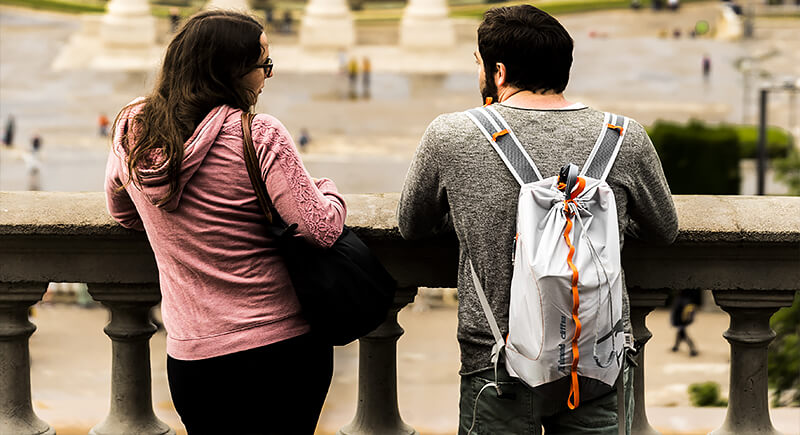
Credit: Wikimedia Commons
Pew Research shows many people don’t even know what to call the thing they’re in. That middle space called ‘situationship’ might feel low-pressure, but it also avoids commitment. And the longer it drags, the harder it becomes to figure out.
You Assume Love Happens Without Much Effort

Credit: pexels
Romantic movies, social media captions, and even friends’ relationships can make it look like love just appears. But finding a partner takes time and risk. Expecting things to click instantly might set you up for disappointment.
Unfinished Business With the Past
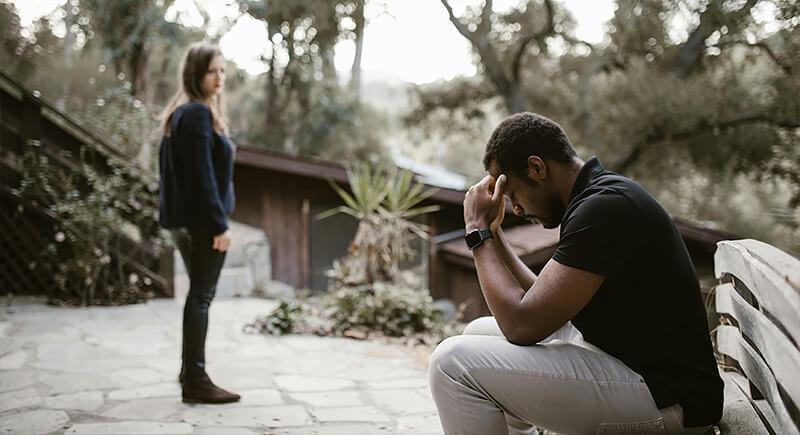
Credit: pexels
Lingering feelings for an ex can affect new relationships; even if you’re technically “single,” emotional availability matters. If a past relationship still takes up mental space, there’s little room for something real to take place, especially if every comparison points backward.
Your Standards Are Unrealistically Specific
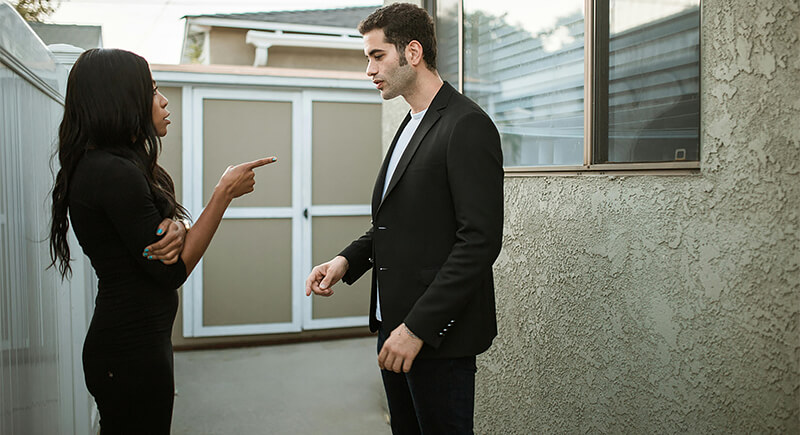
Credit: pexels
It starts with “must have a good sense of humor” and ends with “needs to have read The Goldfinch and own real linen sheets.” Hyper-specific partner preferences make dating harder. Real compatibility doesn’t usually tick every box; it just fits.
You Prioritize Independence To A Fault
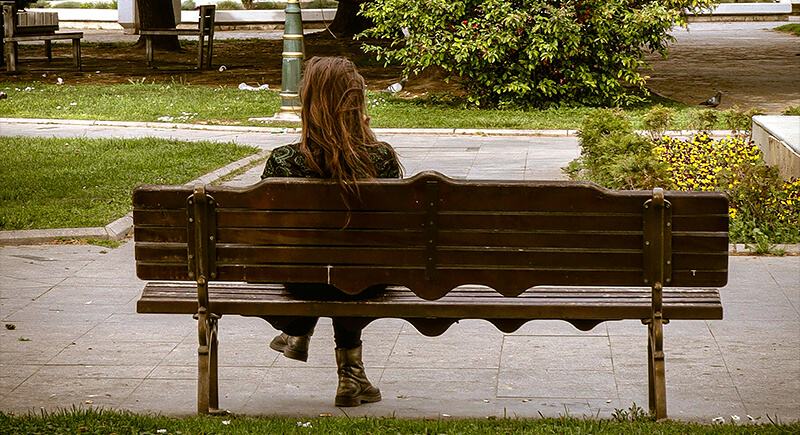
Credit: pexels
Craving freedom isn’t unusual, but if every potential relationship threatens your autonomy, that could be a red flag. Studies on attachment theory suggest that avoidant individuals often equate closeness with loss of control.
You Want A Relationship, But You’re Not Dating
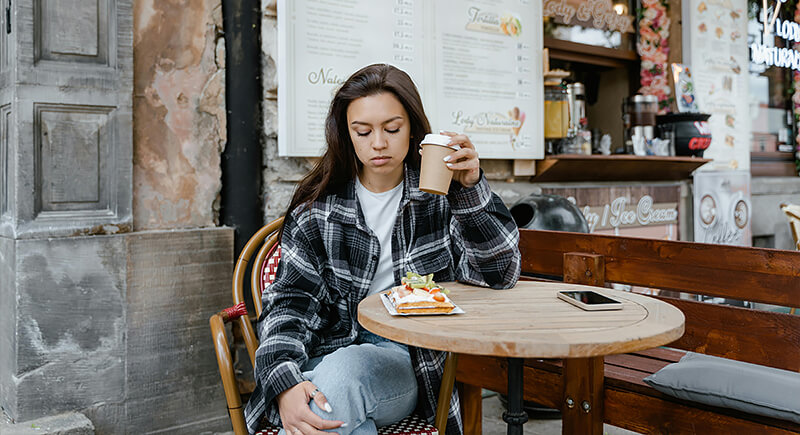
Credit: pexels
It’s common for people to say they’re open to love but rarely take steps to pursue it. Skipping events, turning down introductions, or ignoring your dating profile keeps the door half-shut.
The Familiar Feels Safer, Even When It Hurts
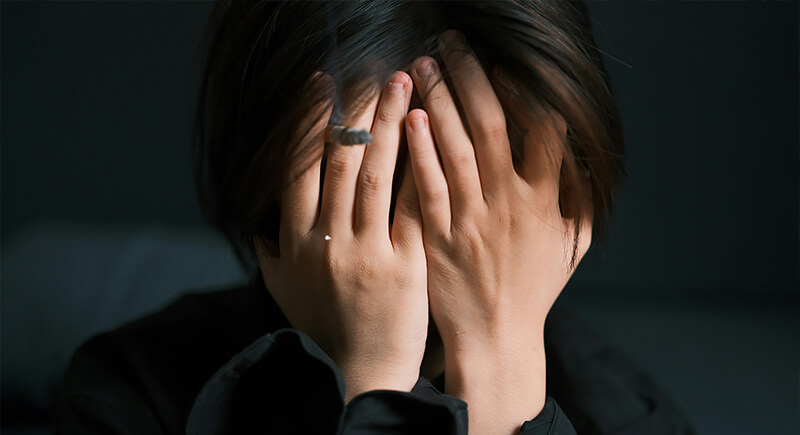
Credit: pexels
People often chase the same dynamics repeatedly, even if they’re unhealthy. For example, unresolved childhood patterns can influence the types of partners we choose. If you grew up around emotional unavailability or inconsistency, it might feel “normal,” even if it hurts. Recognizing that pattern is the first step toward breaking it.
Dating Feels Like A Job Interview You Didn’t Sign Up For
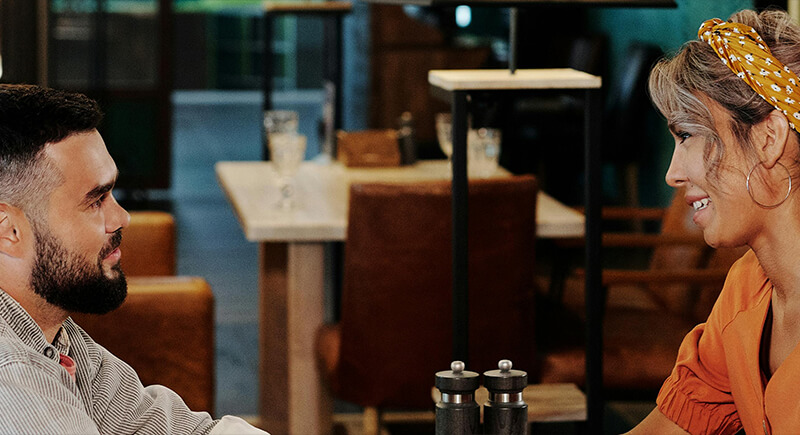
Credit: pexels
Trying to impress every match with curated anecdotes and polished traits can feel exhausting. Mark Manson, author of Models, argues that authenticity—not perfection—fosters intimacy. Ditching the resume-style approach might make space for real chemistry to develop.
You’re Waiting Until You’re More ‘Dateable’
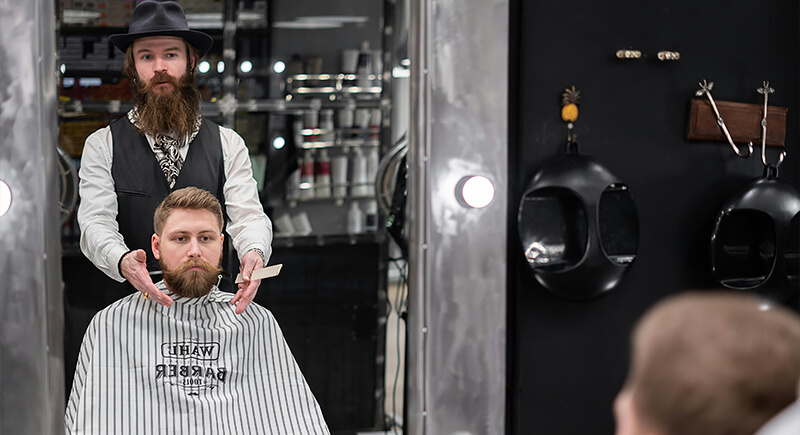
Credit: pexels
A better haircut, more money, ten fewer pounds—then, then you’ll be ready. It sounds like self-improvement, but often it’s a stall. Most people are works in progress. Holding off on connection until everything’s in place means you may never get started.
Geography Isn’t on Your Side
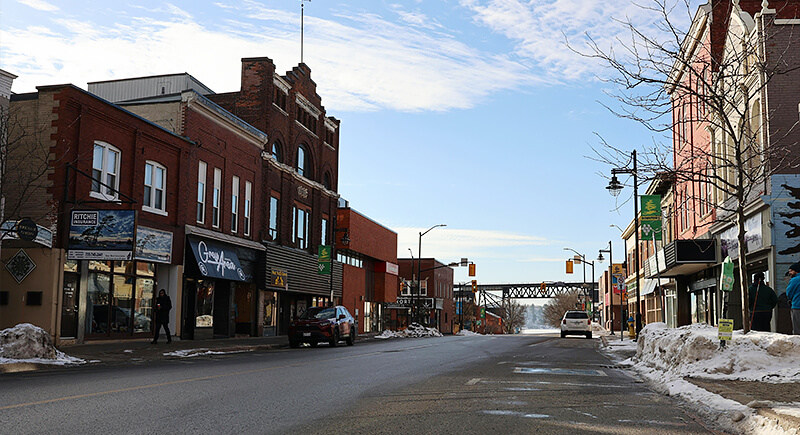
Credit: pexels
It turns out that, even with location-based apps, where you live matters. Pew data shows that rural and small-town singles report lower satisfaction with the dating pool. If you work remotely, live far from nightlife, or never meet new people in real life, that narrows the pool fast.
You Haven’t Worked On Self-Respect First
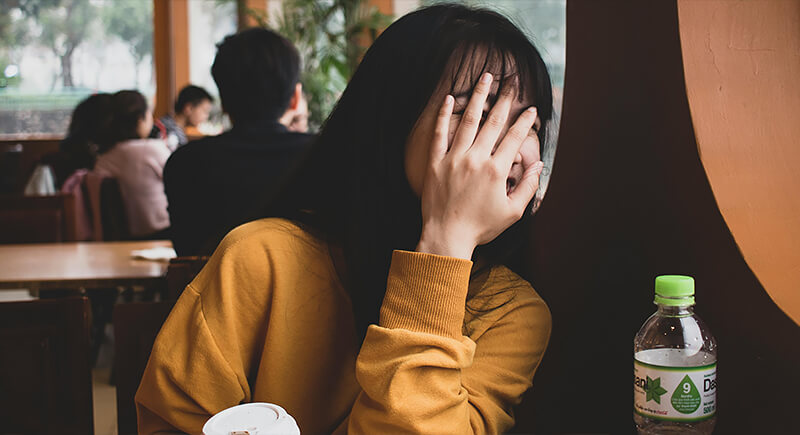
Credit: pexels
Confidence can’t be faked. The way you treat yourself often sets the standard for how others treat you. People who neglect their own emotional or physical needs tend to attract partners who do the same. Respecting your time and boundaries sends a signal that you expect the same in return.
You Still Think Rejection Means Something Is Wrong With You
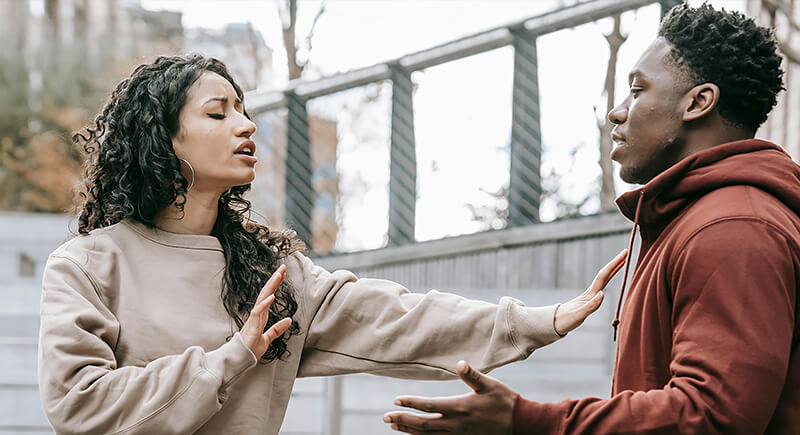
Credit: pexels
Getting ghosted or turned down feels personal, but it rarely is. Rejection is more about compatibility than worth. Psychological research shows that our brains often exaggerate negative outcomes, especially when dating. Avoiding risk to protect yourself from rejection can lead to emotional stagnation.
You Don’t Actually Know What You Want

Credit: pexels
Dating can become confusing if you’re unsure what you’re looking for. Are you seeking fun, a partner, or just attention? Without clarity, it’s easy to fall into frustrating patterns. Knowing your purpose helps filter out distractions and connect with people who want something similar.
You’ve Developed A ‘Next Best Thing’ Mentality
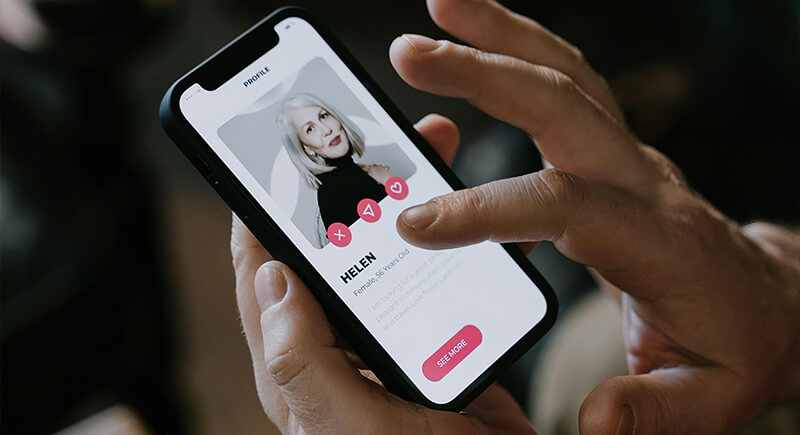
Credit: pexels
Dating apps create the illusion of endless options. That sense of abundance can make people believe there’s always someone better just one swipe away. This mindset, sometimes called “choice overload,” has been shown to increase indecision. Constantly wondering keeps you from appreciating what’s right in front of you.
You Avoid Vulnerability To Stay Comfortable

Credit: pexels
Opening up doesn’t come easy for everyone, yet avoiding emotional risk prevents real intimacy. If you tend to keep things surface-level, relationships may fizzle before they form. The discomfort of being real is often the entry point to something lasting.